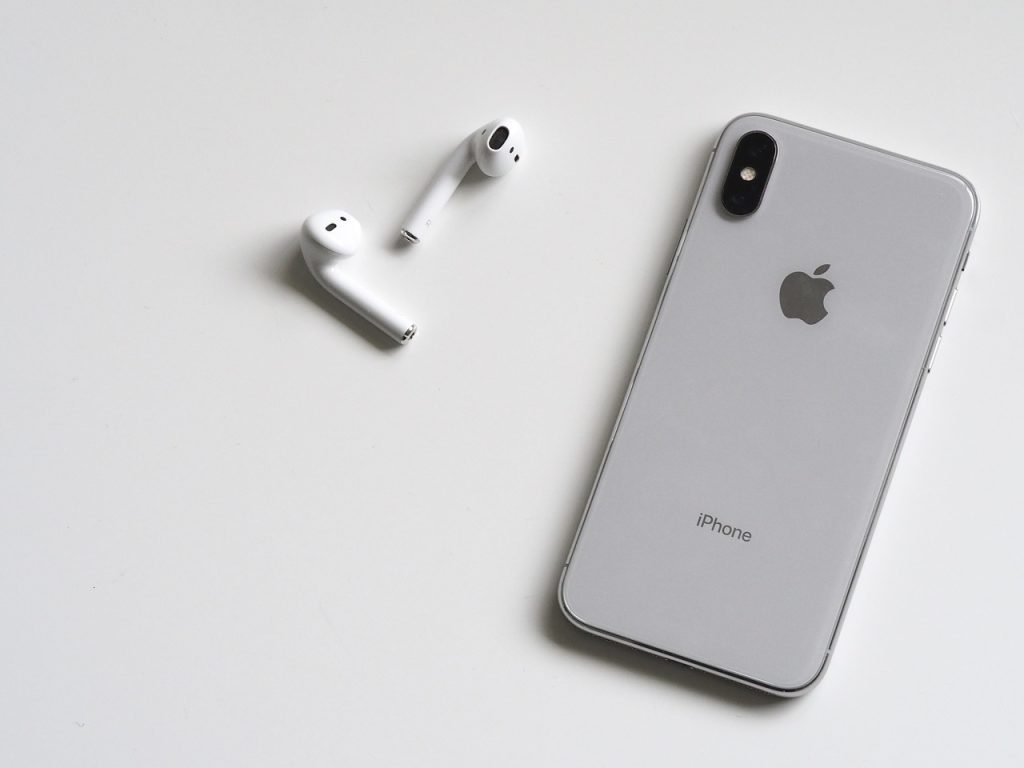Smartphones have become an essential part of our daily lives, and we rely on them for communication, entertainment, and even productivity. But what exactly makes a smartphone smart? In this article, we will explore the key features and technologies that make a smartphone smart.
Connectivity
One of the most important features of a smartphone is its ability to connect to the internet and other devices. This allows users to access information, communicate with others, and stay connected to the world around them. Smartphones typically connect to the internet through Wi-Fi or cellular networks, and they can also connect to other devices through Bluetooth or other wireless technologies.
Operating System
Another key feature of a smartphone is its operating system. The operating system is the software that runs on the smartphone and allows users to interact with the device. The two most popular operating systems for smartphones are Android, which is developed by Google, and iOS, which is developed by Apple. These operating systems provide users with access to apps, settings, and other features that make the smartphone smart.
Apps
Smartphones are also smart because of the apps that they run. Apps are software programs that are designed to perform specific tasks, such as communication, entertainment, or productivity. Smartphones come pre-installed with a variety of apps, such as a web browser, email client, and camera app, and users can also download additional apps from app stores such as Google Play or the Apple App Store.
Hardware
The hardware components of a smartphone also play a crucial role in making it smart. Smartphones typically feature high-quality displays, powerful processors, and large amounts of memory and storage. This hardware enables smartphones to run complex apps and perform tasks quickly and efficiently.
Sensors
Smartphones also feature a variety of sensors that enable them to collect data about the world around them. For example, smartphones may have GPS sensors that allow them to determine their location, as well as accelerometers and gyroscopes that allow them to detect motion and orientation. Smartphones may also have cameras, microphones, and other sensors that allow them to capture images, video, and other data.
Artificial Intelligence
Artificial intelligence (AI) is another technology that is making smartphones smarter. AI refers to the ability of machines to learn from data and perform tasks that would typically require human intelligence, such as speech recognition, image analysis, and decision-making. Smartphones are increasingly using AI to improve features such as camera performance, voice assistants, and predictive text.
Voice Assistants
Voice assistants, such as Apple’s Siri and Google Assistant, are another feature that makes smartphones smart. Voice assistants use natural language processing and AI to understand and respond to spoken commands. This allows users to perform tasks hands-free, such as setting reminders, sending messages, or controlling smart home devices.
Security
Smartphones are also smart because they prioritize security. Smartphones feature a variety of security measures, such as biometric authentication (such as facial recognition or fingerprint scanning), password protection, and encryption. These security measures help to protect user data and prevent unauthorized access to the smartphone and its contents.
Conclusion
In conclusion, there are many features and technologies that make a smartphone smart. These include connectivity, operating systems, apps, hardware, sensors, artificial intelligence, voice assistants, and security. As technology continues to advance, smartphones are likely to become even smarter, providing users with even more features and capabilities to enhance their daily lives.







